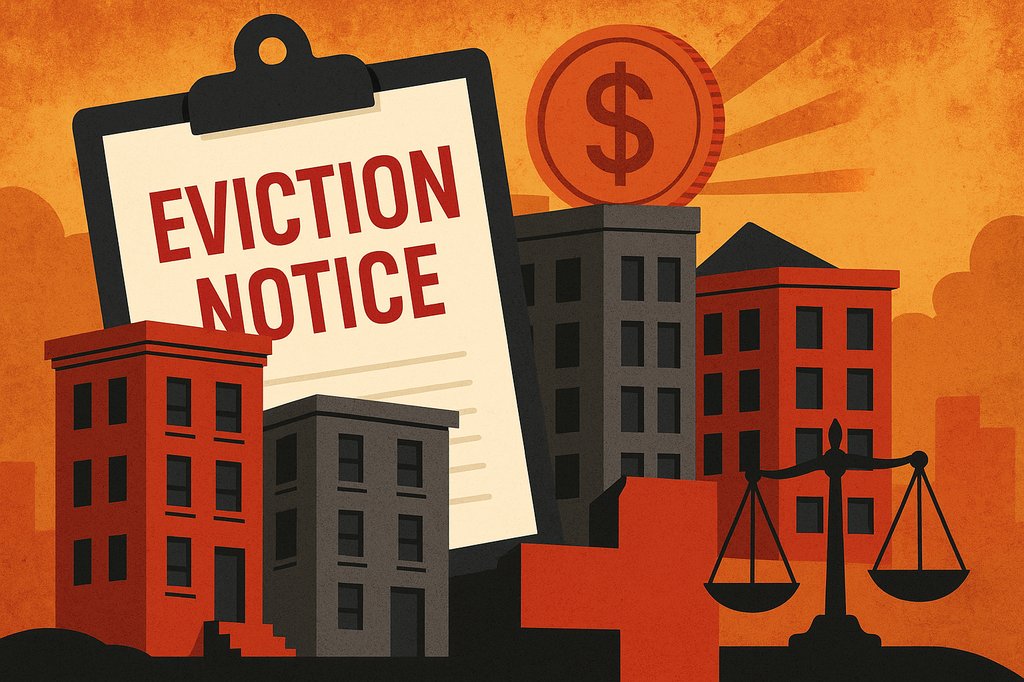Renters and Your Home Owners Association
If you own a home, condo or townhouse in a planned community and are subject to the rules of a Home Owner’s Association (HOA), there are some additional things to consider before you rent your home. In addition to finding a clean, reliable and trustworthy tenant, you’ll need to adhere to your community’s rules and covenants — and have a plan in place if your renter won’t comply. From rules about trash pickup and overnight parking to pet covenants and lawn upkeep directives, a Home Owners Association can be a headache for the average homeowner. Throw a tenant into the mix and things can go from bad to worse in a hurry.
Renters and your HOA: Before you Rent
The best time to think about how you will handle conflicts between your tenants and your HOA is before you actually agree to rent out your home. Pay extra attention to the tenant screening process, and make sure your lease covers everything you need it to. Depending on your particular HOA, you’ll need to consider the following:
Some HOAs require tenant approval: If the tenant you are considering has less than perfect credit or other issues, you may have a problem, even if you’ve decided to proceed. Some HOAs require a tenant screening meeting, or at least approval of your application and lease. Renting your property prior to approval could result in a legal mess and some hefty fines, so make sure you follow all property association rules.
Add rules and consequences into the lease: As you create your lease, make sure your prospective tenant understands the HOA rules and agrees to follow them. The Home Owner’s Association can’t take action against your tenant, but they can fine you if your renter misbehaves. Including a clause in the lease that specifies that your tenant will be responsible for fees charged because of their lack of adherence to rules may protect you from financial harm.
Understand the rules yourself: Make sure you know exactly what your tenant will need to do, and review your covenants before you rent your property out. If you’ve always parked your car in the garage, never had a pet and always used a professional lawn service, you may not even be aware of your HOAs rules and penalties that cover these areas. Avoid nasty surprises by understanding what rules your tenant needs to follow and relaying these to your renter in writing.
Renters and your HOA: When Problems Arise
Unfortunately, you are responsible for what happens on your property, whether you are the one breaking the rules or not. When a tenant refuses to adhere to a rule, then you’ll be the one cited by the HOA. In most cases, the only action a HOA will take directly against a tenant is if a crime has been committed or if a vehicle has been illegally parked. everything else will be your responsibility.
Once a tenant/HOA issue occurs, re-check your lease to see what remedies are available to you, and try to reach an agreement to modify the behavior. Since HOA rules are complex but legally binding, you may need to consult an attorney to determine what you can do about your tenant for the duration of the lease.
The Bottom Line:
Since good property maintenance and adherence to the rules is essential in a HOA managed property, a good lease that covers all circumstances is an absolute must. While it is possible to have a great rental experience when you own a HOA managed home, tread carefully and make sure you are fully protected even if your tenants refuse to comply.
| American Apartment Owners Association | Company Website |
At the American Apartment Owners Association (AAOA), our mission is to serve the interests of landlords, real estate brokers, property managers, real estate owners and apartment building owners nationally. Visit www.AAOA.com for more information about membership details! |









